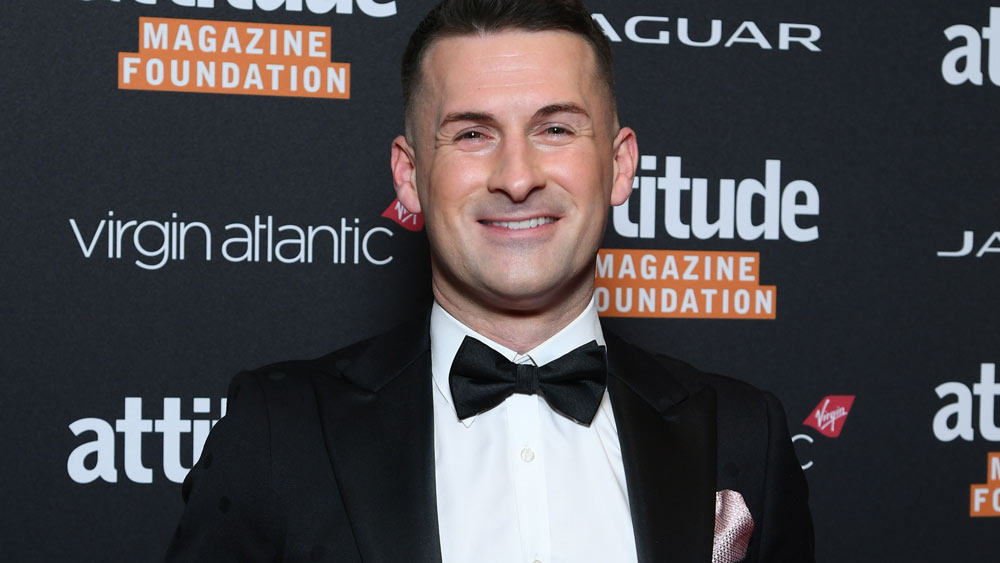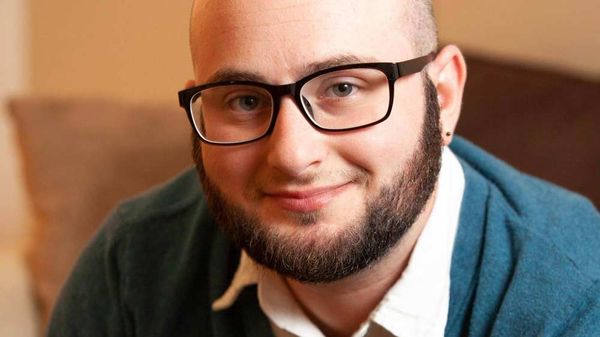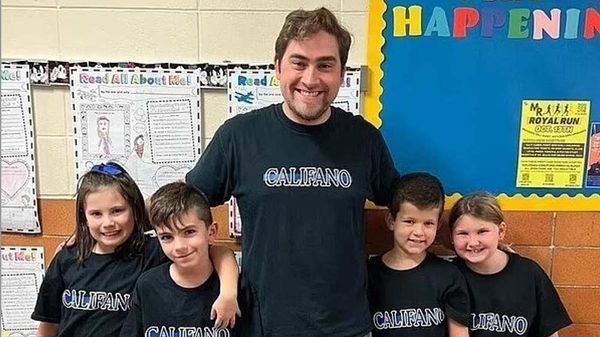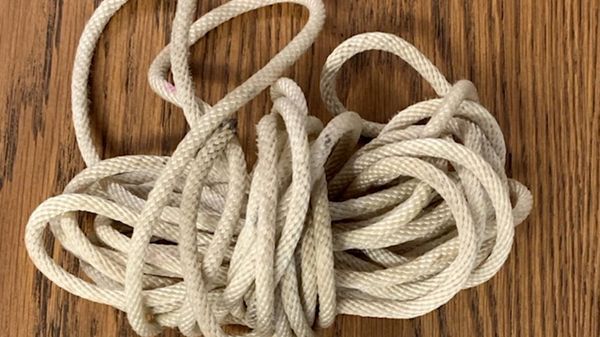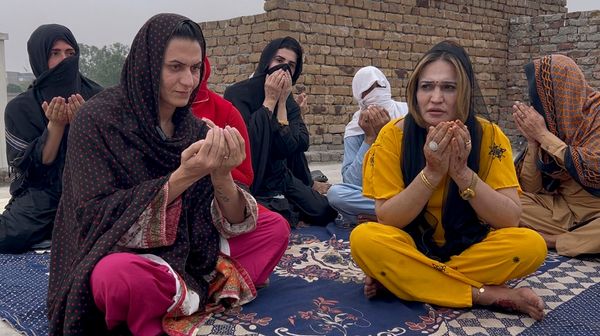April 4, 2008
School's out - still
Michael Wood READ TIME: 5 MIN.
Despite nearly two decades of existence, the annual Gay, Lesbian and Straight Education Network (GLSEN) Boston conference is still charting new territory in the effort to make schools safer for LGBT people. While high school gay/straight alliances (GSAs) are much more common than they were when the conference first launched, middle school GSAs are still relatively rare. But during an afternoon workshop at this year's conference at Jamaica Plain's English High School on March 29, Lane Levine, the student organizing associate for the national GLSEN office in New York, talked with a group of current and former students, teachers and parents about how to start a GSA in a middle school.
Levine said that GLSEN, like many activists working to adapt the concept of the GSA for younger grade levels, is still working out the answers to some fundamental questions. One of the thornier issues discussed during the workshop was balancing confidentiality for student participants with the interest of parents in knowing what is happening with their kids. One student from a middle school GSA in Newton said she felt it was crucial to give kids a space to talk about LGBT issues in private, but other participants felt that asking school officials to allow students to take part in a GSA without notifying their parents might be a hard sell. When asked how to balance those two concerns, Levine answered candidly, "Right now, I have no idea about the answer."
But while Levine didn't have definitive solutions for some of the more difficult questions, he did have resources and tips to help people pitch a GSA to middle school officials. He gave attendees a condensed copy of a proposal a teacher in Albuquerque, New Mexico, used to convince school administrators to start a GSA. The proposal highlighted the bullying and harassment faced by gay and lesbian students and the negative impact of harassment on their academic achievement. It also argued that the GSA fit into the school's mission to foster diversity, and it laid out clear ground rules for the club, including a ban on any conversations about sex.
Levine also gave attendees tips for activities that people can do in middle school GSAs that are age appropriate. He recommended some overtly LGBT-oriented activities, such as participating in national GLSEN events like No Name-Calling Week and the Day of Silence and starting an LGBT-themed reading group. But he also said students in a GSA can benefit from doing non-LGBT-related social activities in a supportive atmosphere, such as bowling trips. Community service projects, in particular, are an effective way to help develop leadership skills in students while giving the community a positive image of LGBT young people and their allies.
"For younger age groups or for a community where a GSA is new, getting your name out there through community service can be a powerful thing," said Levine.
'It's okay to get loud ... just don't be mean'
The theme of this year's event - the 18th GLSEN Boston conference - was "embracing your voice as a force for change." Activist Gunner Scott, the keynote speaker, told the nearly 500 attendees packed inside English High's auditorium about his own journey from protesting a nuclear power plant in Springfield during high school to becoming the executive director of the Massachusetts Transgender Political Coalition (MTPC) this year and working to pass a statewide transgender civil rights bill. Scott talked about his first major forays into activism as a member of the Lesbian Avengers for several years beginning in the late '90s, including protests of the Boston Herald and Bay Windows for refusing to use female pronouns in reporting on the murder of transwoman Rita Hester. He also protested the Michigan Womyn's Music Festival for its policy of barring transgender women from the festival grounds. In 1999 Scott and the Lesbian Avengers planned to ride a bed on wheels in the Boston Pride Parade, a response to the controversy that the group generated when members of the group did the same thing three years earlier. When police told the group that they would be arrested if they rode the bed down the street, Scott said they disassembled it and carried it along the parade route in pieces.
"What was the purpose of this? One, we're young and we want to be visible, but two, it was also to talk about, for us it was okay for these boys to be on the back of a float with almost nothing on, but it's not okay for women to express their sexuality," said Scott.
Yet Scott's career as an in-the-streets activist took a dramatic turn when he helped found MTPC and worked to pass non-discrimination ordinances in Boston, Cambridge and Northampton. Those efforts led to the current effort to pass House Bill 1722, which would add trans-inclusive language to the state's non-discrimination and hate crimes laws. Scott told attendees about the committee hearing for H.B. 1722 earlier this month, when political heavyweights like Gov. Deval Patrick, Attorney General Martha Coakley, and Congressman Barney Frank submitted testimony in support of the bill.
"I have to say, coming from a direct action activist, grassroots, person-showing-up-eating-fire, chaining myself to stuff, I really never thought I would be, oh, I'm hanging out with these people. I'm hanging out with the police," said Scott.
At the close of his speech Scott gave the youth tips on becoming successful activists. Some of those hints were nuts-and-bolts tips about the importance of taking lots of photos, keeping an activist journal, staying hydrated at protests, and traveling with a Sharpie marker to make impromptu protest signs. But beyond those tips he also told attendees to feel confident using their voices.
"It's okay to get loud. Just be respectful and just don't be mean," said Scott.
Many of the youth attendees had already cut their activist teeth and were looking for a few more pointers at the conference. Marta Sicinska, a senior at Newton South High School and one of the leaders of the school's GSA, was attending her second GLSEN conference. She said one of the most useful aspects of the conference is having the chance to talk to members of GSAs in other schools and learn about what activities they are organizing in their schools.
"It's great for networking, it's great for education, and it really inspires you to take action in your GSAs," said Sicinska.
Ashley Goodhue, a junior from Winthrop High School, came with a contingent from her school's GSA to find ideas to get their group back off the ground. She said the school's old GSA had fallen apart and lain dormant for a number of years, but this month students and faculty worked to restart it.
"We came here to get more ideas," said Goodhue, while she and her fellow GSA members were discussing plans during lunch. "Just now we were talking about fundraisers we could do."
Michael Wood is a contributor and Editorial Assistant for EDGE Publications.
